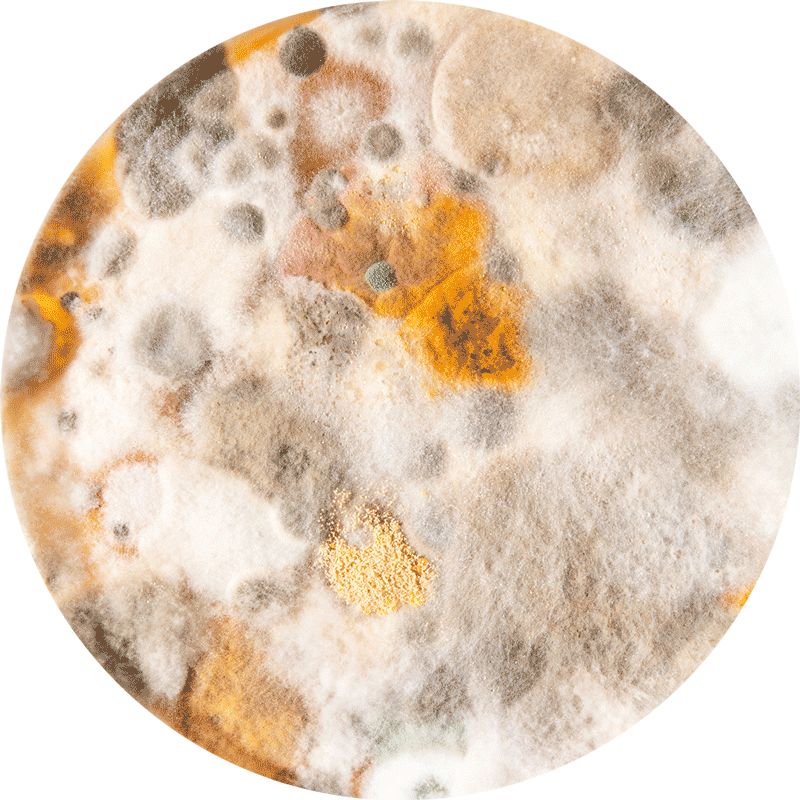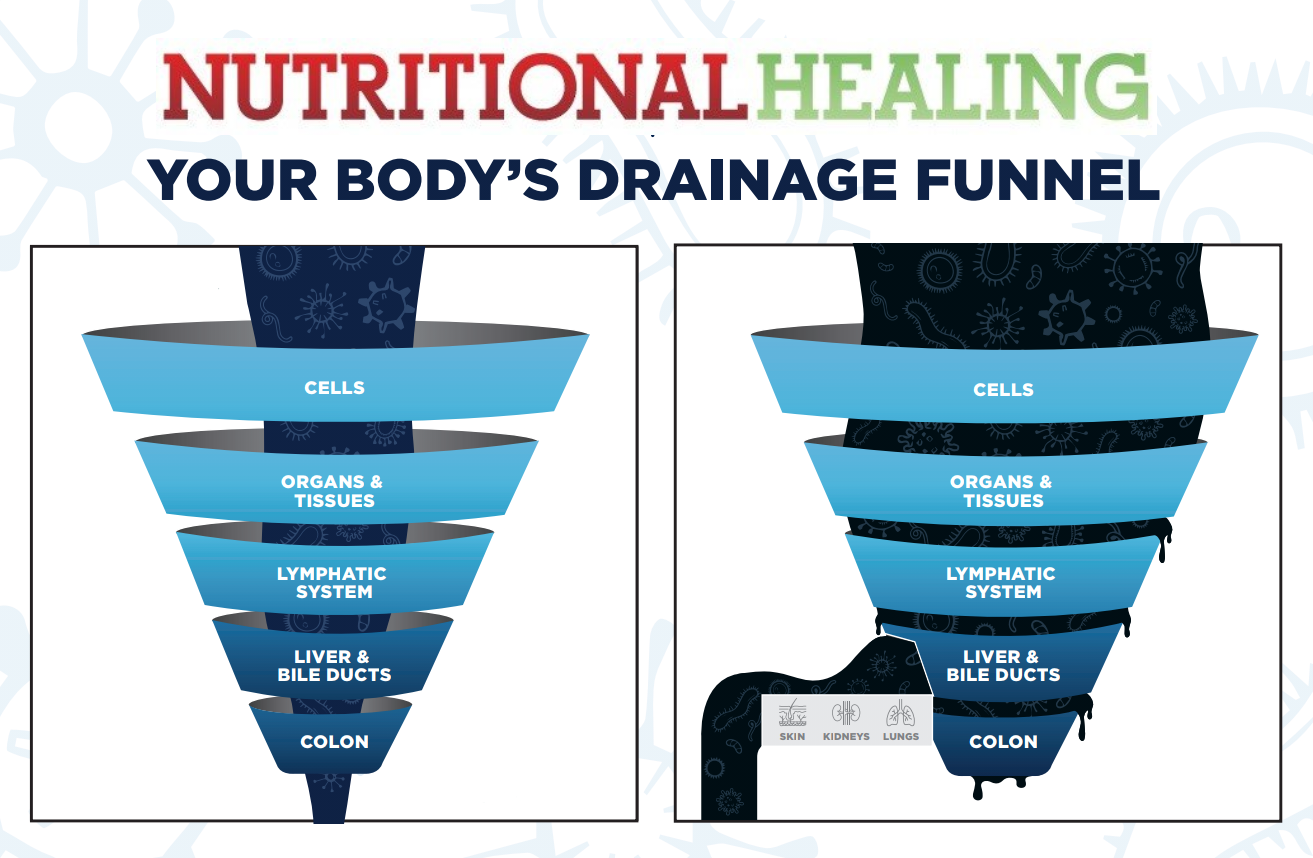
From the air we breathe to the water we drink we are exposed to numerous toxins from heavy metals to molds to environmental chemicals. They can build up over our lifetime and can affect our current health and wellbeing.
Mold is a fighter and stealth survivor – when mold finds a great home it will fight for it – if other molds or bacteria want to invade, mold will emit toxic chemicals to poison the invaders – these chemicals are called mycotoxins. Mold can come from both environmental and dietary sources. Sources can come from spoiled foods, water-damaged buildings, airborne or physical contact with outdoor molds and airborne dust in buildings containing mold spores. Mycotoxins complicate health in a number of ways and their presence in the human body can lead to a number of serious health concerns.
Heavy metals are naturally occurring elements found in the environment, primarily as a pollutant from various industries that accumulate in air, soil and drinking or ground water sources. Heavy metals are often under-represented as a root cause of illness and disease and can affect virtually all biological systems within the body.
Environmental chemicals are inflammatory substances, cancer-causing chemicals and endocrine disruptors. These chemicals can be human-made, produced by microbes, or naturally occurring in the earth. Pesticides/herbicides, preservatives and plastics can build up in our systems causing various dysfunctions. Susceptibility to toxic overload varies from person-to-person and can be affected by a variety of factors including genetics, environment, diet and lifestyle.
